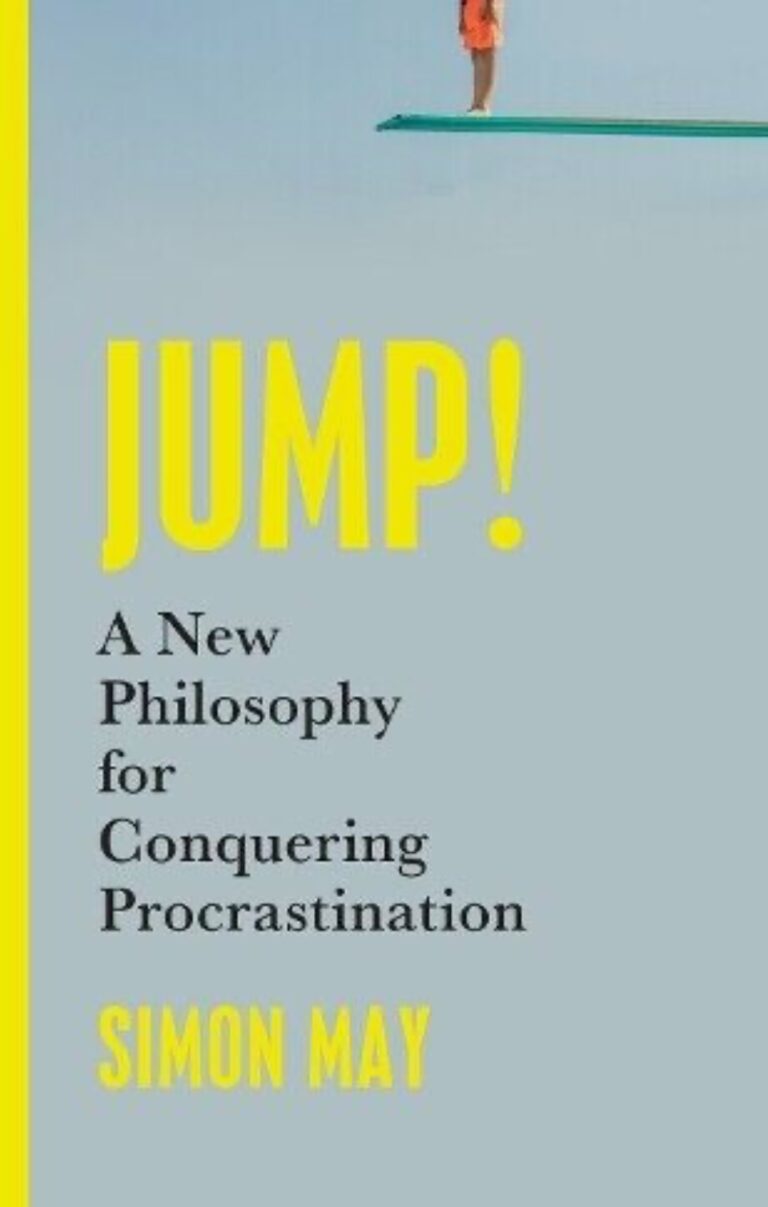If the test of a good book is how much you find yourself talking about it, this new offering from the philosopher Simon May passes with flying colours. It starts with a mysterious thesis, which I happen to think is true. The claim is that a lot of people, asked if they knew what they wanted to do with their lives, would say yes. Yet if they were then asked whether they were working their way systematically towards achieving it, they would feel forced to say no. This is the essence, according to May, of procrastination—not merely postponing until tomorrow what you know that you should do today, but putting off repeatedly the one thing that you believe would be most likely to bring you happiness.
There is an argument, which the author makes, that this is a modern plague. I don’t know about that. You could equally call it the Elsinore vacillation. When Shakespeare wrote about a dazzlingly gifted, frustratingly ineffectual prince of Denmark, who knew exactly what it was he needed to do, but couldn’t bring himself to do it, he must have sensed that there was something peculiarly human about the predicament. The question, though, is why. Why don’t more people just get on with it? For our modern age, at least, May has two answers.
His first cause of procrastination is what he calls the cult of work. From the time of Martin Luther and John Calvin, who believed working yourself to the bone was a sign you were going to heaven, up until today’s always-on culture, when a boss will WhatsApp workers on a Sunday and feel affronted if they don’t reply immediately, we have been schooled to keep our shoulders to the wheel. The downside, May suggests, is that we approach our passion project with the same Gradgrindian joylessness, and the love dies.
His second cause of procrastination is what he calls the cult of autonomy. Way back when, you did what your dad did and the Church told you how you should behave. Nowadays, there’s this tremendous pressure to discover a vocation: the bespoke activity of self-actualisation, which expresses your many-petalled uniqueness. The trouble is the size of the stakes. If you fail to find it, your life is meaningless. If you find it, but don’t pursue it, ditto. Here’s a popular workaround. Find it, and keep telling yourself that you’ll do it, but keep postponing the moment of truth.
This philosophically inclined self-help manual, whose pages are laced with the thoughts of big-hitting brooders such as Kant and Kierkegaard, devotes its first half to causes. The second half turns to cures. May proposes seven techniques for “jumping” the gap between dream and reality. That, presumably, is why he calls his book “Jump!”. It would have been more precise, though, if he had called it “Play!” since this is the gist of at least three of his solutions. If we can only stop taking our dreams so seriously, yet stay committed to them, applying the attentiveness of a child at play, we might just make some progress.
It’s a shame we don’t learn more, along the way, about the author. Tantalisingly, he confesses to being a procrastinator himself, and includes a fine description of the vicious circle of perfectionism that can cause a writer’s ink to dry in the pen: “the little I’ve written will become stiff, constipated, overworked, and so will demand further revision”, etc. This rings a lot of bells. At the same time, it comes to us from a philosophy professor at Kings College London, who has written volumes on Nietzsche and the twisted history of love. He’s not doing too badly.
As for myself, I was partly inspired to pick up Jump! by the fact that, for the last few years, I have been writing a novel about a congenital procrastinator, and in a joke I never planned, I now find myself on the fifth draft. Each time I reach the end, I read it through, decide it’s not good enough, and start writing it again from the beginning. So when I learned about this scholarly study of my central theme, I leapt at the chance to devote myself, for a day or two, to something other than proceeding with my main task.
I’m delighted I did. Thanks to May’s slim and lucidly written book, I now feel in a far better position to return to the fray. I have new ideas to share. I have new techniques to try. Whether I shall succeed in breaking the enchantment of procrastination remains to be seen. But if I do, and finish the novel, and it turns out to be okay, and ends up out in the world, I feel I shall owe Prof. May a pretty hefty acknowledgement.

